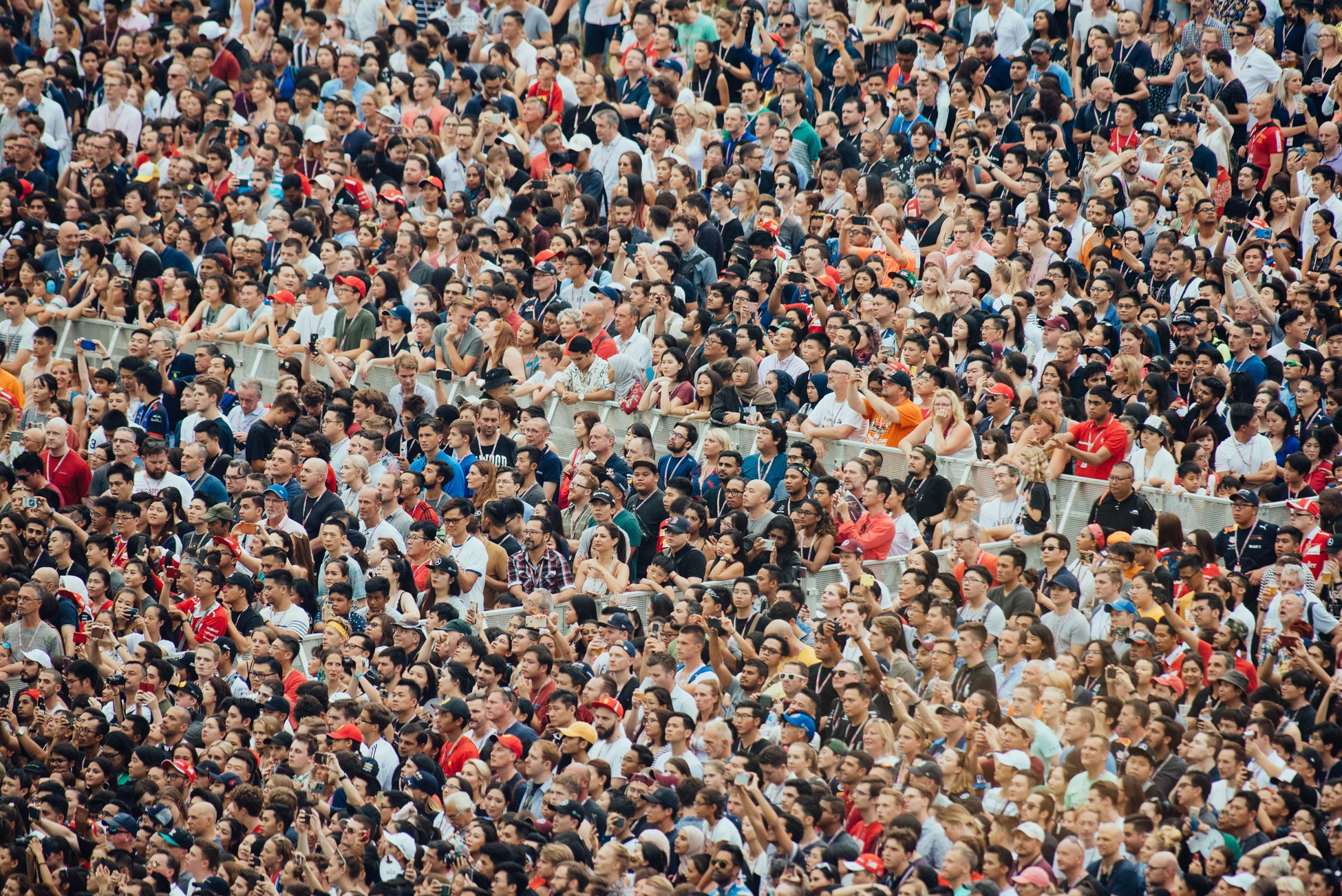I’ve been particularly struck this Martin Luther King, Jr. Day by how much division, separation, and group-think there is among us. It seems particularly strong now more than ever.
According to Henri Tajfel, the Polish social psychologist who theorized about social identity, we feel better about ourselves when we belong to groups that provide identity and tell us who we are. We need to belong to groups, to categorize ourselves and others into identifying divisions. This also creates an ‘us vs. them’ mentality which can lead to stereotyping, prejudice, and discrimination. And, part of the identity we find in groups allows us to both exaggerate the differences between ‘us’ and ‘them,’ and the similarities within our groups.
When we categorize each other and see someone or a group as ‘them,’ it’s easier to treat them poorly, take away their rights, and actively enact laws against them. We don’t see them as having the same belief system, the same desires, relationships, and meaning in their lives as we do. We see them as a threat to us, our group, and our sense of identity. When we start thinking this way, it is rivalry in its mildest form; a matter of survival in the extreme. Feeling like you’re a loser because ‘your’ team lost vs. feeling like you’ll lose everything unless you build a wall to protect yourself from ‘them.’
When we see the ‘other’ as a threat to our group and our identity, we are more able to remove their human-ness from how we see them. This is dangerous, because in doing so we also remove the parts of them that we connect to, empathize with, and care about. It allows us to see ‘them’ as a threat, a thing, something we need to wall ourselves from, protect ourselves from.
If we instead see each other as belonging to the same large group of humans, it would be harder to separate out the ‘them’ from ‘us.’ We’d see each other as having the same values, beliefs, desires, and wishes. We’d view all of us as ‘we.’ This in turn would make the differences that arise on other levels feel less threatening. We would see each other as part of the same human family, helping us see the other as us rather than an unknowable, unfamiliar entity. Us and Them become We.
As Martin Luther King, Jr. said, "We may have all come on different ships, but we're in the same boat now."

